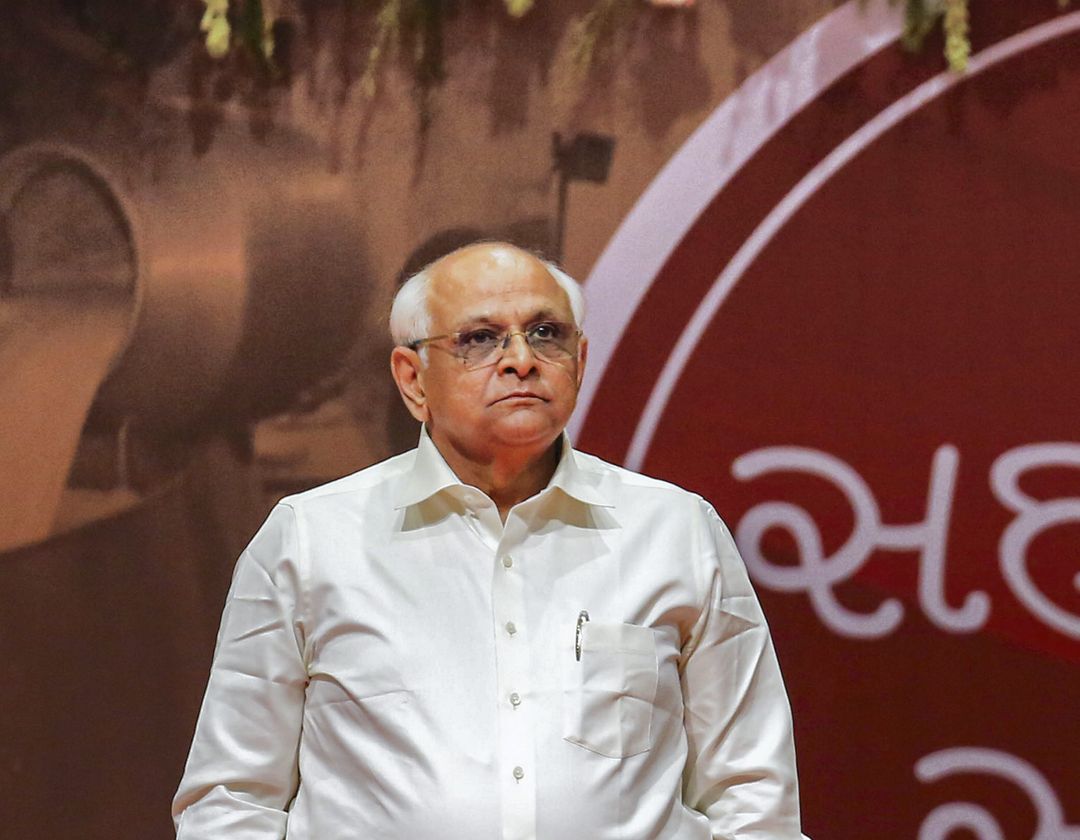
Gujarat Government Forms Committee to Assess and Draft Uniform Civil Code Bill Amid Political Debate
Gandhinagar, Feb 4 (PTI) – The Gujarat government has taken a significant step toward the implementation of a Uniform Civil Code (UCC) by forming a five-member committee led by retired Supreme Court judge Justice Ranjana Desai. The committee, announced on Tuesday, has been tasked with assessing the need for the UCC in the state and drafting a bill accordingly.
The decision has sparked a political debate, with the ruling BJP asserting that the UCC would safeguard the rights of tribal communities, while the Opposition accuses the government of using the issue as a diversionary tactic ahead of the upcoming local body elections.
Committee's Role and Timeline
Chief Minister Bhupendra Patel stated that the panel would submit its report within 45 days after consulting religious leaders, including representatives from the Muslim community. Other members of the committee include retired IAS officer CL Meena, advocate RC Kodekar, former vice-chancellor of Veer Narmad South Gujarat University Dakshesh Thakar, and social worker Gita Shroff.“To evaluate the need for a Uniform Civil Code and draft a bill, we have decided to form this committee under the leadership of a former Supreme Court judge,” CM Patel told reporters.
The move follows a similar step taken by the BJP-ruled Uttarakhand, which has already implemented the UCC. Patel reaffirmed the state’s commitment to fulfilling Prime Minister Narendra Modi’s vision of nationwide UCC implementation.
Political Reactions
The decision has drawn criticism from opposition parties. Leader of Opposition Amit Chavda (Congress) accused the BJP of engaging in "politics of minority and majority" rather than addressing pressing issues like unemployment and inflation.“There are 14 percent tribals in Gujarat, and the UCC will impact their culture, customs, and marriage systems. Jain communities and Devipujaks will also be affected. Even the Constitution grants certain communities the right to follow their customs,” Chavda argued.
Aam Aadmi Party’s (AAP) Gujarat chief, Isudan Gadhvi, echoed similar concerns, stating that the BJP conveniently raises the UCC issue before elections. “Maldhari community leaders resolve 80 percent of domestic disputes internally. Tribal traditions, including polygamy, will be affected by the UCC. If implemented, BJP will struggle to win tribal votes,” he claimed.
AIMIM leader Danish Siddique alleged that the move specifically targets the Muslim community. “If tribals are excluded from this law, then it isn’t truly a UCC. BJP highlights polygamy in Muslims but ignores its prevalence in other communities,” he said.
Government’s Justification
In defense of the decision, Minister of State for Home Harsh Sanghavi assured that the UCC would protect the rights of tribal communities, citing Uttarakhand’s model as an example. “Home Minister Amit Shah has already clarified that UCC will safeguard tribal traditions,” he emphasized.Committee member Gita Shroff expressed her strong support for a uniform law, stating that women and children often face significant difficulties due to personal laws. “Having worked in this space for 30 years, I have seen the struggles women endure for justice. The UCC will help resolve these issues,” she asserted.
Former vice-chancellor Thakar also pointed to past legal precedents, including the Supreme Court’s directive in the Shah Bano case, which called for contradictions in personal laws to be addressed through uniform legislation.
As the committee prepares its recommendations, the political discourse surrounding the UCC is expected to intensify, particularly with local body elections on the horizon.
Last updated by a enewsx:
